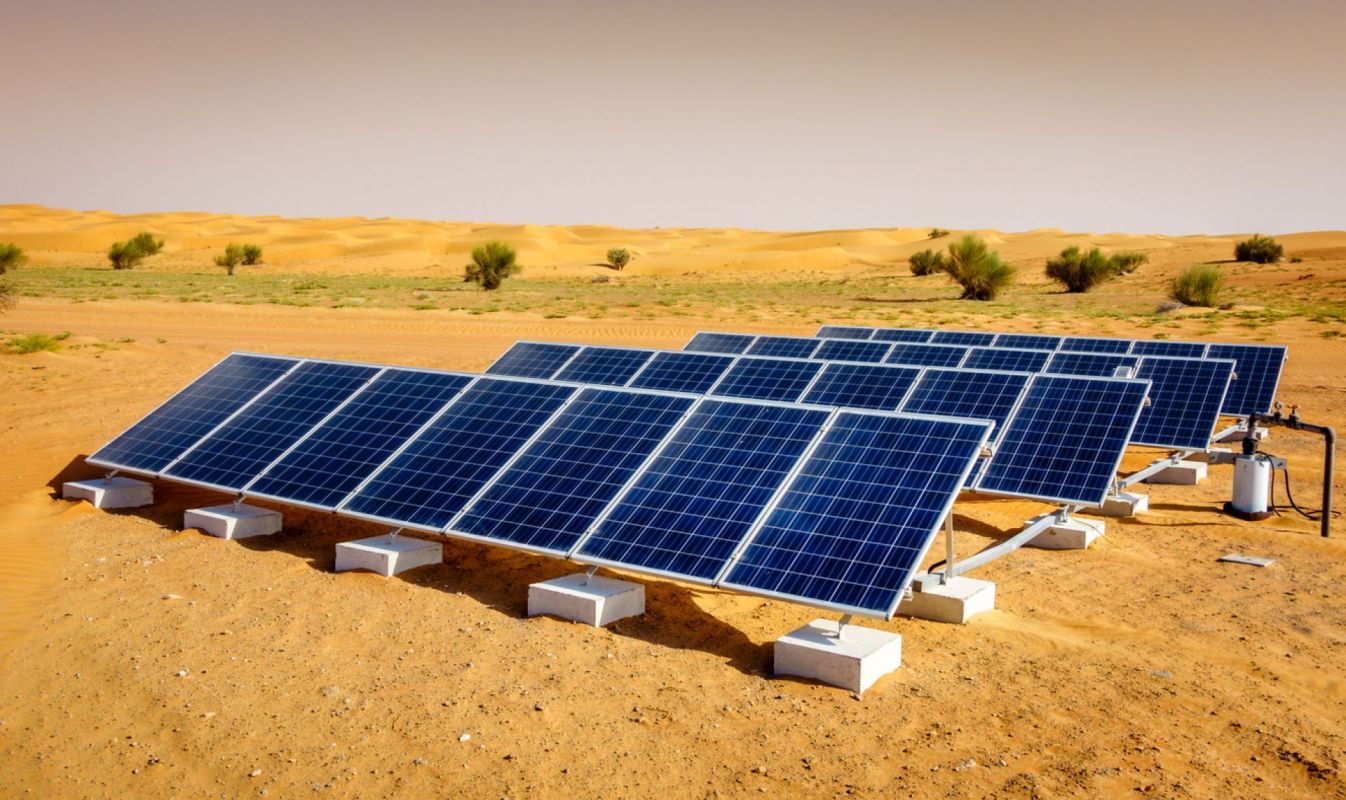Fresh off hosting an international climate summit, officials from the United Arab Emirates (UAE) are publicizing some impressive energy goals.
Bloomberg reports that UAE officials are adding more solar capacity, contributing to a projected doubling of the country's renewable power generation capacity by 2035. It's part of a UAE plan to be "net zero" by 2050. A common goal for countries and businesses, "net zero" is met when the amount of air pollution produced is offset by the amount removed, according to consulting firm McKinsey & Company.
UAE's role as host of the summit, which concluded on Dec. 12, came with mixed opinions. On one hand, the oil-rich country's apparent commitment to cleaner energy is a big win for the planet if the plans are realized.
On the other hand, UAE climate envoy Sultan Al Jaber also heads Abu Dhabi National Oil Company (ADNOC), the national oil company. Critics have questioned the obvious conflict of interest in the dual role. Adding to the skepticism are reports that UAE officials entertained talks about dirty oil development during the summit, though Al Jaber has denied the allegations, per a story by CBC.
What's more, Al Jaber has openly questioned the need to phase out dirty energy sources, saying in a Guardian story that there's "no science" that removing dirty energy will help to meet the United Nations climate goals.
The UAE may be playing both sides of the coin; UAE renewable energy company Masdar operates in 40 nations with deals worth $30 billion, according to CBC.
But, national oil company ADNOC is set to realize a 5-million-barrel-per-day production increase by 2027 "to meet rising global energy demand," Reuters reports, lending credence to the critics.
"When it comes to actually transforming into a clean-energy economy, we've seen very little progress," Lisa Fischer, an analyst with the independent think-tank E3G, told CBC.
The evidence for UAE's cleaner goals might already be shining in the desert, where CBC reports there are around 4 million solar panels catching sun rays. The large Al Dhafra solar system is planned to power 160,000 UAE homes when complete, according to the facility's website.
It's important to hold companies, and even countries, accountable for their ambitious climate goals. Understanding how climate plans are sometimes leveraged for good public relations but little actual progress can help you make better decisions about the products you buy and investments you make each day.
For the UAE's part, the massive solar array is touted as the beginning of major renewable investments.
"What's unique about this plant is it's allowing us to showcase the ability and capability of scaling up," Masdar COO Abdulaziz Alobaidli said to CBC.
Join our free newsletter for cool news and actionable info that makes it easy to help yourself while helping the planet.









